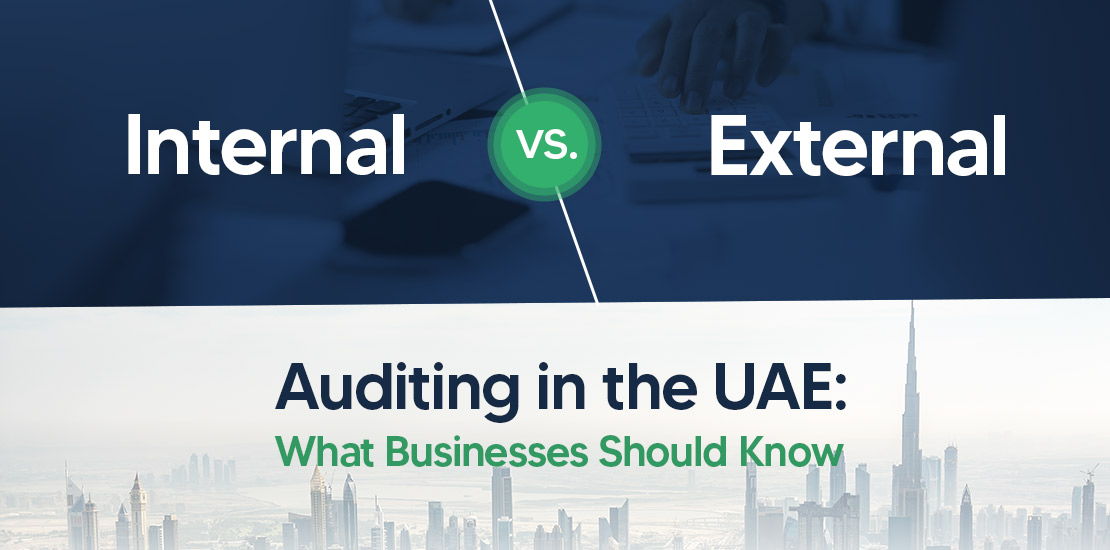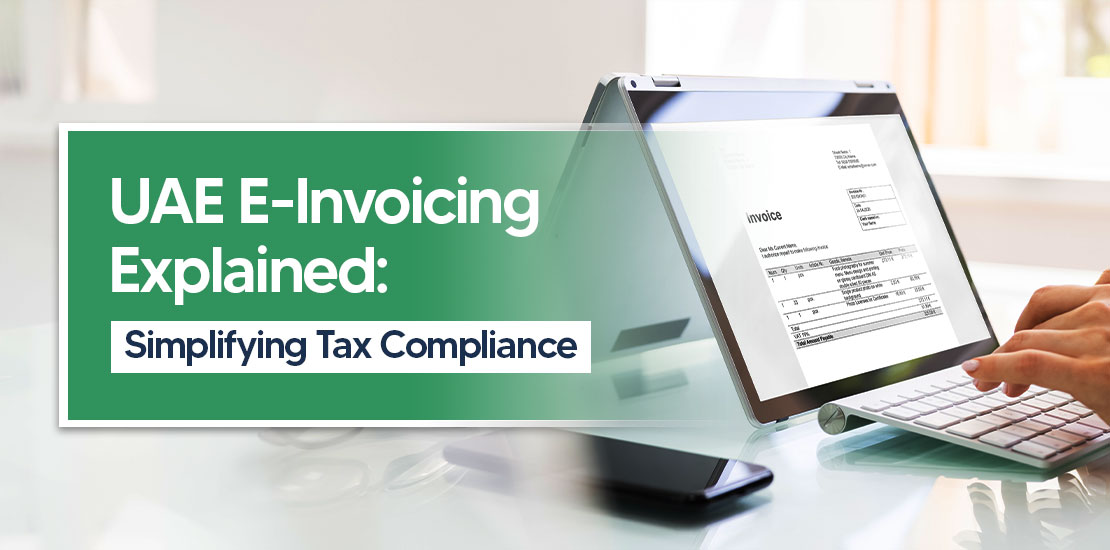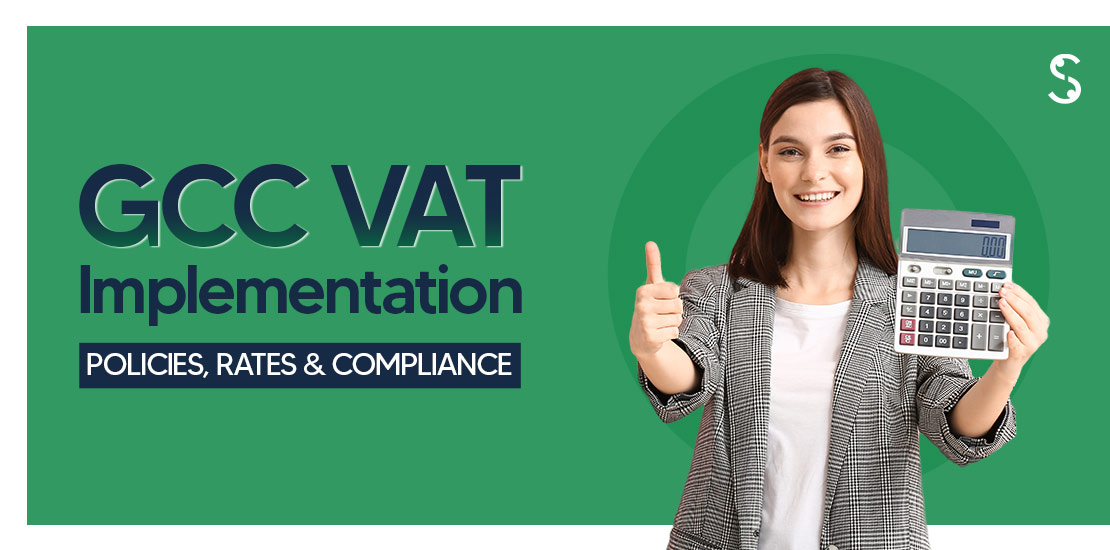The Federal Tax Authority (FTA) in the UAE plays a crucial role in ensuring compliance with tax regulations and guidelines. It is responsible for overseeing tax-related activities and ensuring that businesses and individuals meet their tax obligations. FTA compliance is essential for businesses operating in the UAE to avoid penalties, fines, and other potential consequences of non-compliance.
However, the audit process can be complex and time-consuming, which makes it essential for businesses to be well-prepared. Therefore, we are here to provide a comprehensive FTA audit checklist to help you understand the audit process, identify key focus areas, and implement best practices for FTA compliance.
What is an FTA audit in the UAE?
An FTA audit is a formal examination conducted by the UAE Federal Tax Authority (FTA) to verify a business’s compliance with VAT laws. It’s a thorough assessment of a company’s financial records, transactions, and VAT returns to verify that all tax liabilities have been accurately calculated and paid.
The FTA uses various methods to select businesses for audits. Some common triggers include:
1. Risk-based selection
Businesses exhibiting high-risk profiles, such as those in specific industries or with unusual transaction patterns, are more likely to be audited.
2. Random selection
The FTA may conduct random audits to maintain a general level of compliance.
3. Specific complaints or information
If the FTA receives complaints or information about a business’s potential non-compliance, it may initiate an audit.
4. Follow-up audits
Businesses that have been audited previously and found with non-compliance issues may be subject to follow-up audits.
Phases of an FTA Audit
Typically, an FTA audit consists of the following phases:
1. Notification
The FTA sends a formal notification to the business, outlining the audit scope, required documents, and the audit timeline.
2. Document request
The FTA requests relevant financial records, VAT returns, invoices, and other supporting documentation.
3. On-site visit
FTA auditors may visit the business premises to conduct interviews, inspect records, and verify information.
4. Data analysis
Auditors analyze the provided documents and data to identify potential discrepancies or non-compliance issues.
5. Findings and recommendations
The FTA issues a report detailing the audit findings, including any tax liabilities, penalties, or recommendations for improvement.
Detailed FTA Audit Checklist
This FTA audit checklist is a comprehensive document outlining the key areas and specific items that the FTA is likely to examine during an audit. A typical FTA audit checklist in the UAE would cover the following areas:
1. Registration and Identification
- Verify the accuracy of your business activity codes: Ensure that the codes assigned to your business accurately reflect your activities. Incorrect codes can lead to discrepancies in tax calculations.
- Ensure correct usage of the Tax Registration Number (TRN): The TRN is a unique identifier for your business. It must be used correctly on all tax-related documents.
- Review group registration details (if applicable): If your business is part of a group, ensure that the group registration is accurate and up to date.
2. Taxable Supplies and Exemptions
- Confirm the correct classification of all supplies: Determine whether your goods or services are standard rated, zero-rated, or exempt. Incorrect classification can result in significant tax implications.
- Verify eligibility for zero-rated and exempt supplies: Understand the criteria for zero-rating and exemptions. Ensure that your business meets the requirements for any claimed zero-rating or exemption.
- Understand and comply with the reverse charge mechanism: If applicable, ensure that you are correctly applying the reverse charge mechanism for specific transactions.
3. Input Tax and Credit
- Ensure eligibility for input tax claims: Not all purchases qualify for input tax recovery. Verify that your input taxes are eligible for deduction.
- Verify the accuracy of input tax calculations and recovery: Ensure correct calculation and recovery of input tax to avoid potential underclaims or overclaims.
- Review input tax adjustments for correctness: Any adjustments made to input tax should be accurate and supported by proper documentation.
4. Fixed Assets
Fixed assets are tangible or intangible resources owned by a business with a useful life of more than one year. Depreciation is the systematic allocation of the asset’s cost over its useful life. Input VAT incurred on the purchase of fixed assets can generally be recovered as input tax, but specific rules and conditions apply.
Capital goods scheme: This scheme allows businesses to claim input tax on the acquisition of certain capital goods in full, rather than recovering it through depreciation. Specific criteria must be met to qualify for this scheme.
5. E-commerce
Businesses engaged in e-commerce may be required to register for VAT depending on their revenue and the nature of their activities. Compliance obligations include timely VAT returns, accurate reporting of sales, and proper invoicing.
Understand the distance selling threshold and its implications for VAT registration. Ensure compliance with import and export procedures, including customs duties and VAT.
6. Record Keeping and Invoicing
Maintain comprehensive and organized financial records of all transactions, including:
- Invoicing system and procedures
- Purchase and sales records
- Inventory management
- Fixed asset register
- Bank statements and reconciliations
- Electronic records and data backup
Ensure your invoices comply with FTA regulations regarding content and format. Store your records securely and for the required retention period.
7. Returns and Payments
File your VAT returns on time and accurately to avoid penalties. Verify the correct calculation and payment of tax liabilities. Understand potential interest and penalties for non-compliance. Be aware of the consequences of late or incorrect filings and payments.
8. Specific Industry Considerations
- Address industry-specific VAT challenges: Some industries have unique VAT challenges. Ensure you understand and comply with relevant regulations.
- Stay updated on relevant VAT rulings and clarifications: The VAT landscape can change. Stay informed about the latest updates to ensure compliance.
While a checklist can be a helpful tool, it’s essential to consult with a tax professional to ensure that your specific business needs are addressed.
Common FTA Audit Mistakes and Penalties
Understanding common FTA audit mistakes and their associated penalties is crucial for businesses to avoid costly repercussions. Here are some common FTA audit mistakes:
- Misclassifying products or services can lead to incorrect VAT rates being applied.
- Claiming ineligible input tax, errors in calculations, or incorrect documentation can result in penalties.
- Lack of proper documentation, incomplete records, or failure to retain records for the required period can lead to audit issues.
- Incorrect depreciation calculations, input VAT recovery on ineligible assets, or non-compliance with the capital goods scheme can result in penalties.
- Failure to register for VAT when required, incorrect application of the distance selling threshold, or non-compliance with import/export procedures can lead to audit findings.
The severity of penalties depends on the nature and extent of the non-compliance. The FTA has the discretion to impose penalties based on the specific circumstances of each case.
Take Control of Your FTA Audit
Using the FTA audit checklist is a great way to get your business ready for an audit and make sure you follow UAE tax rules. Remember, while checklists are invaluable tools, they cannot replace expert advice. The complexities of VAT regulations often require tailored solutions.
At Shuraa Tax, we have a team of experts who can take care of all your tax and accounting needs. Our corporate tax return filing services are some of the bests in the UAE. Our tax consultants in Dubai will look at your current finances and help you plan and manage your taxes and bookkeeping. Contact us today at +971508912062 or drop us an email at info@shuraatax.com to schedule a consultation and discover how Shuraa Tax can assist your business.
Related Posts:
Audit Services in Dubai, UAE
Stock Audit Services in Dubai
Internal Audit Services in Dubai, UAE
External Audit Services in Dubai, UAE
Financial Audit Services in Dubai, UAE
Frequently Asked Questions
1. How to file VAT returns in the UAE?
VAT returns must be filed electronically through the FTA portal. The process involves:
- Logging into your FTA portal account.
- Accessing the VAT return filing section.
- Providing accurate details about taxable supplies, input tax, and output tax.
- Submitting the return before the due date.
2. What is the tax period?
The standard tax period in the UAE is a calendar month. Businesses must file VAT returns for each tax period by the 28th day of the following month. However, some businesses may be eligible for quarterly filing.
3. What does the tax consultant review about the VAT Returns?
A tax consultant typically reviews your VAT returns for accuracy, completeness, and compliance with FTA regulations. They check for correct calculations, classification of supplies, input tax claims, and overall compliance.
4. How often does the FTA conduct audits?
The FTA conducts audits on a selective basis, considering factors such as business size, industry, and risk profile. The frequency of audits varies, and there’s no guaranteed timeframe between audits.













